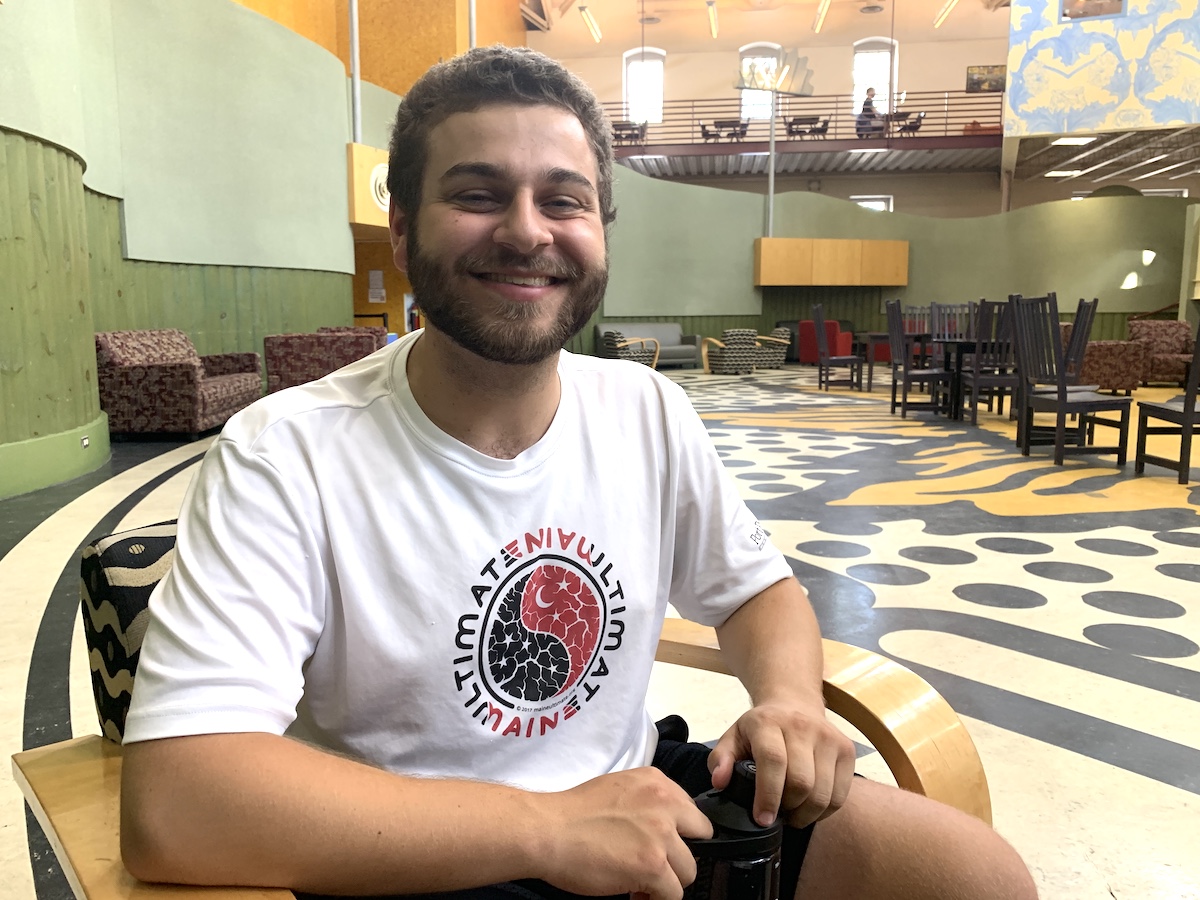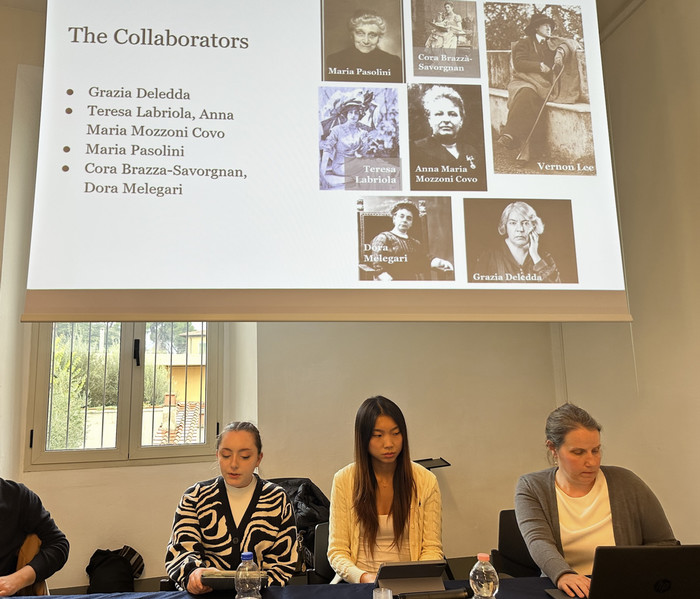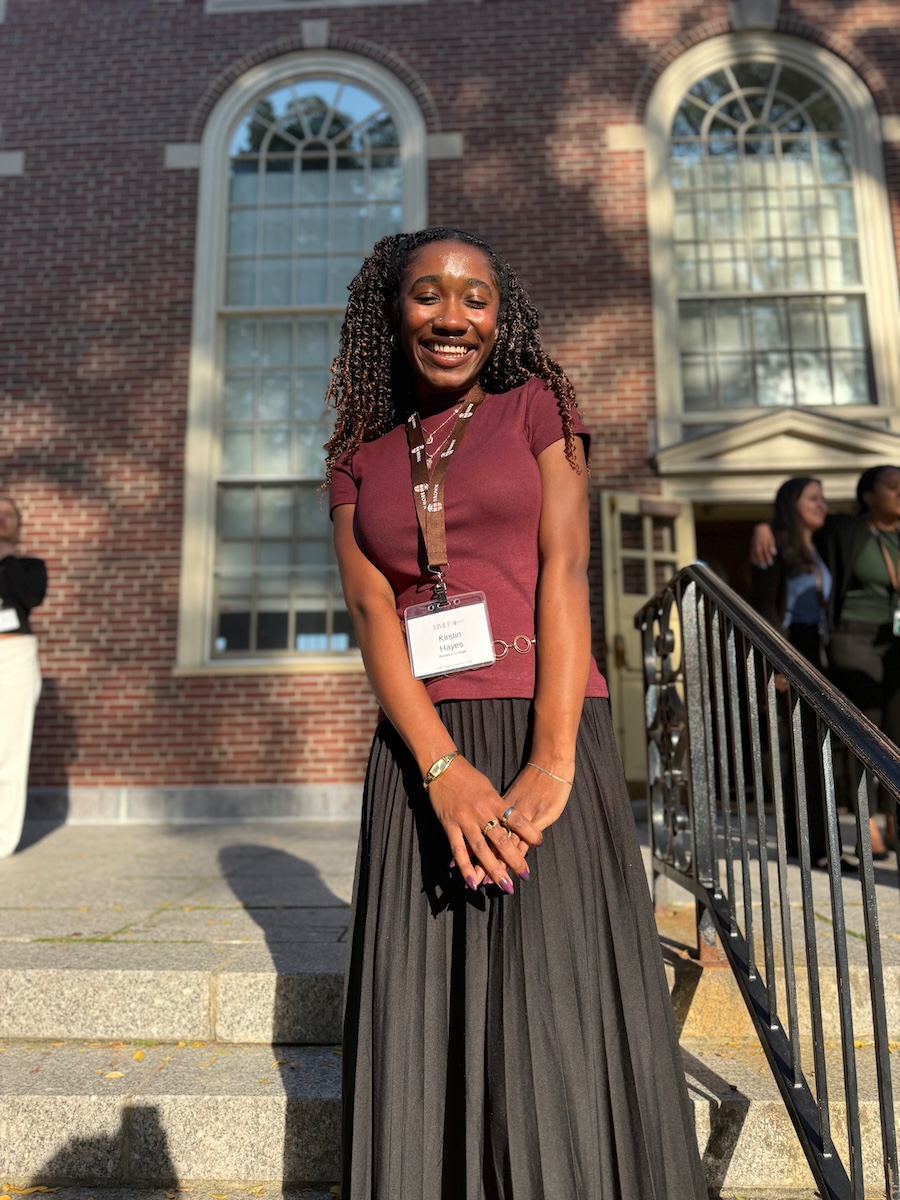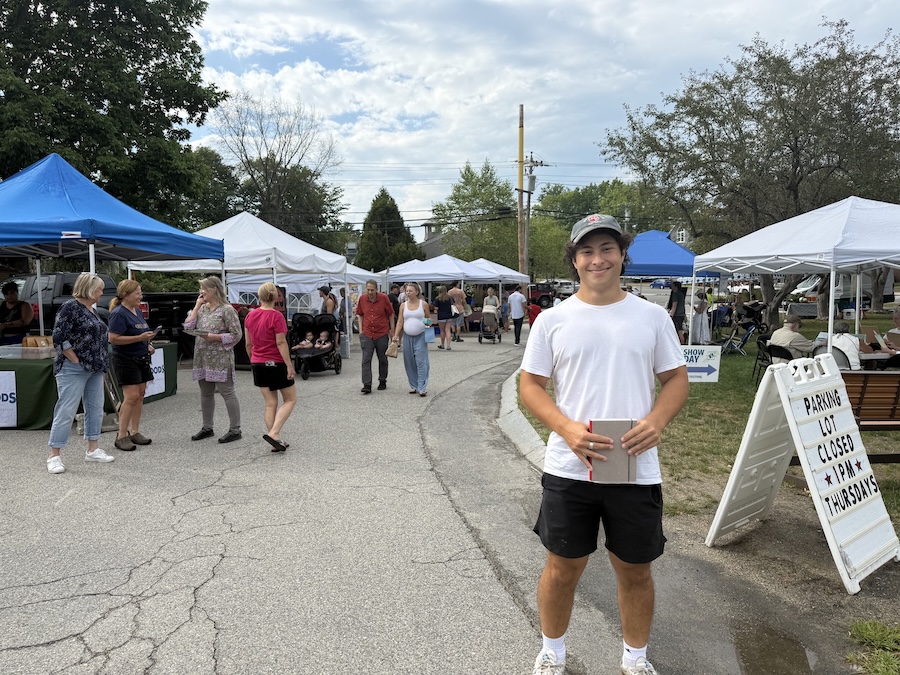Student Research: Who's More Likely to Resort to Scapegoating?
By Rebecca Goldfine
Psychology and religion major Ben Simonds ’21 is collecting data this summer to find out who is most prone to putting energy into finding someone or something to blame—and whether our temperaments can make us more likely to scapegoat others. "I'm looking at temperament and susceptibility to frustration," Simonds said, "to see if people who are more prone to becoming easily frustrated are more likely to scapegoat."
To test scapegoating potential within a real-world context, he's directing his study subjects' attention to climate change, to see who, if anyone, they accuse of causing the human-made crisis.
Using an online survey tool called Amazon Mechanical Turk, which allows researchers to pay willing participants, Simonds is gathering data from at least 500 people. His subjects have agreed to respond to a series of questions, first about their temperament, and then about their thoughts and feelings toward climate change. Simonds is paying the subjects with funding he received from Bowdoin through a Christenfeld Summer Research Fellowship.
Simonds's projects branches off from the research of his advisor, Assistant Professor of Psychology Zachary Rothschild, who has investigated what motives lie behind scapegoating behavior.
Rothschild has developed a model to explain scapegoating based on two underlying motives. He argues that people are likely to look for others to blame for things gone wrong to either maintain their own sense of decency and morality, or to bolster their sense of control in an unpredictable world.
"We have a fundamental need to see ourselves as good, valuable, and capable people, members of good groups that live in this controllable, coherent, meaningful world, where we can make a difference and make things happen," Rothschild said.
But sometimes, when a person's notion of who they are, or when their place in the world is threatened by large, unwieldy, complicated events like climate change, they search for an easy culprit.
"The premise of my research was that scapegoating, and the idea of focalizing blame and punishing groups, is really tied to our attempts to maintain these perceptions in the face of threats," Rothschild said. In the case of climate change, people may point their fingers at oil companies or, say, China. But concerning climate change, there are, of course, no easy answers or a single culprit; we all contribute to climate change in some way.
After developing his dual-motive scapegoating model, Rothschild wanted to dig deeper to see whether individual differences and personal decisions might also encourage a proclivity to scapegoat. Simonds's project is contributing to this second research phase.
Other personality differences Rothschild will be exploring include an individual's sense of agency and proneness to guilt. "Some people have a need to see the world as if they're agents of action making things happen in the world, while others see events in the world as things that happen to them," Rothschild said. "The question is—how does that determine their response to threats?"
While the research on the effects of temperament is in its early explorative stage, Simonds said he wonders whether understanding the motives underlying people's attitudes toward climate change could lead to more effective ways of addressing the problem. "If we could get at the heart of what sorts of people are likely to blame others for climate change, that could be useful in having more productive conversations about climate change," he said.



